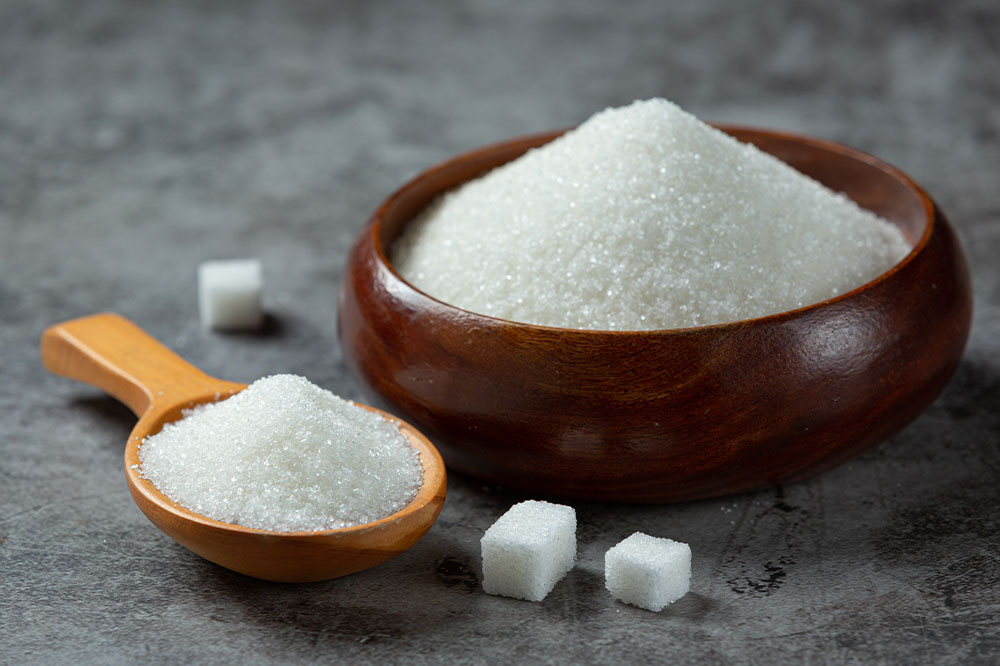
Foods to avoid for better management of multiple sclerosis
Multiple sclerosis, or MS, is a chronic neurological condition usually caused due to genetic factors. It occurs when the immune system starts attacking the covering of the nerves called myelin. As a result, the functioning of the nerves is affected, and patients experience various symptoms, such as vision loss and impaired coordination. Those with multiple sclerosis must follow a healthy nutrition plan, as some foods can worsen the disorder and lead to complications.
Unhealthy fats
Typically, fats are of four types: polyunsaturated, monounsaturated, trans fats, and saturated fats. The first two kinds are called healthy fats, while trans and saturated fats are bad or unhealthy fats. They can increase LDL cholesterol levels and clog the arteries, increasing the risk of heart-related issues. People with multiple sclerosis are already susceptible to cardiovascular problems and should therefore avoid unhealthy fats. A few examples are butter, creams, soft cheese, coconut oil, palm oil, cookies, and pies. These items can impact the functioning of the cardiovascular system, leading to an increased risk of heart attacks and hypertension. Alternatively, one can choose low-fat alternatives like skim milk, low-fat cheese, and olive oil.
Foods with gluten
A few preliminary studies have pointed towards a possible link between autoimmune diseases like multiple sclerosis and gluten sensitivity. Those with this health condition may be sensitive to gluten. Gluten is a naturally-occurring protein found in foods like barley, wheat, triticale, and rye. Patients who add these foods to their meals may experience worsening symptoms. Thus, it is advisable to avoid gluten-rich foods.
Salty foods
Studies to determine the effects of salt on multiple sclerosis patients are also in the preliminary stages, but they are worth paying attention to. According to research, sodium or salt can disrupt the working of regulatory T-cells of the immune system and lead to inflammation in those with neurological ailments. Increased salt intake is also associated with comorbidities like blood pressure and heart problems. So, one should avoid foods like French fries, savory snacks, pizzas, and rolls. Canned veggies and ready-to-eat items should also be kept away as they use salt as preservatives.
Sweets
Who does not love candy, caramel apples, and sugary sweets? These are too tempting to resist. May stock up on these items and enjoy them to satisfy their sweet tooth. But consuming high amounts of sugar is a strict no-no for people with this health condition. Studies show a direct correlation between sugar and fatigue, a common symptom of multiple sclerosis. While one may avoid using sugar when preparing home-cooked meals, keeping a tab on the sugar in store-bought foods is often difficult. Processed sugars like fructose and maltose are commonly found in foods in restaurants and packaged food items. While they add taste, it can make the symptoms worse. Patients should choose non-processed foods or fresh fruits and veggies instead, which have less sugar and salt.
Refined carbs
Foods like white rice and potatoes that have high amounts of carbs should also be kept off the menu as far as possible. The same applies to white bread. It contains a relatively higher percentage of refined or processed carbs. Carbohydrates can lead to spikes in blood sugar and, consequently, insulin levers, which can worsen the symptoms of this disorder.
A limited number of studies directly link food with multiple sclerosis, and further research is required for conclusive evidence. Nevertheless, patients are advised to be aware of healthy eating habits and avoid foods rich in trans fats, saturated fats, gluten, salt, sugar, and refined carbohydrates. One can consult a doctor about developing a meal plan according to their requirement for the best results.


